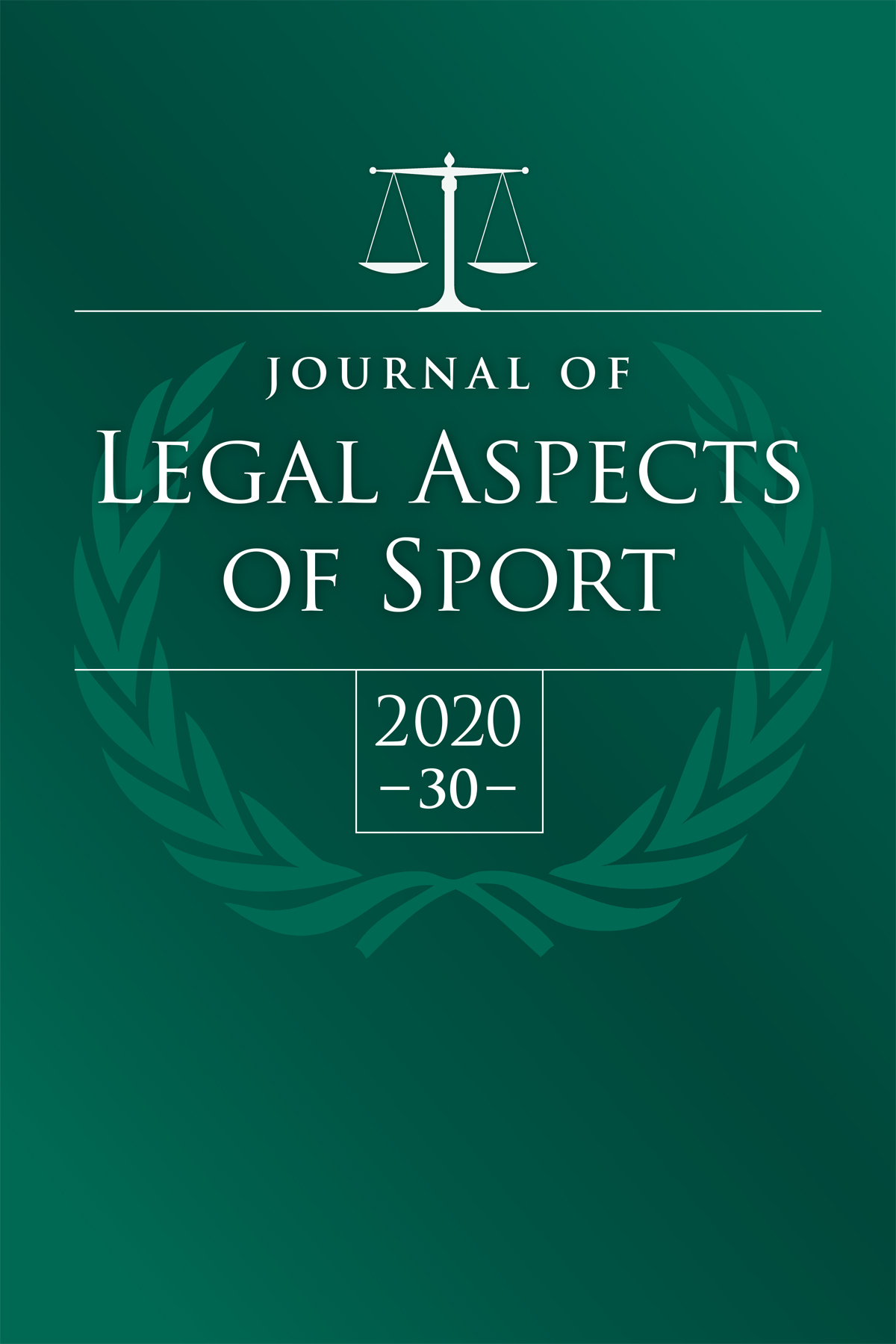We Can Handle It: Advocating in Support of State Legislation of Legal Sports Gambling post-Murphy v. NCAA
DOI:
https://doi.org/10.18060/24366Keywords:
sports gambling, wagering, PASPA, Professional and Amateur Sports Protection Act, Murphy v. NCAAAbstract
Post-PASPA, more than twenty states have either implemented or successfully passed legislation allowing their citizens to gamble on sports. These legislative efforts have created an opportunity for states to capture some of the over $150 billion that Americans annually wager through illegal means. While Nevada has successfully regulated sports gambling for more than seventy years, the Supreme Court’s Murphy decision has spurred calls for uniform federal legislation. Central to this push for a federal framework are the leaders of the major sports leagues and their claim of concern for contest integrity. Our position is that this argument is tenuous at best. Rather, we believe this to be a convenient avenue for the major sports leagues to become involved in the regulatory process and secure additional revenue via integrity fees for providing data to federally mandated sources. Further, we argue that this framework of requiring states to use certified data sources that originate from the leagues themselves is not only economically damaging for potential sportsbook operators but could actually result in a greater chance of contest corruption rather than increased integrity. This article examines the contrasting views of the major North American professional and amateur sports leagues (NHL, NFL, NBA, MLB, and NCAA) with respect to the new, legalized sports gambling environment. We then look at the argument of maintaining contest integrity which is focal to proposed federal frameworks. Finally, we advocate for a state framework and demonstrate why states are in a better position to regulate sports gambling without federal interference, as state legislation already provides a mechanism by which income from wagers can be redistributed towards improving local infrastructure and funding social welfare programs; under proposed federal legislation, this revenue would divert elsewhere.

